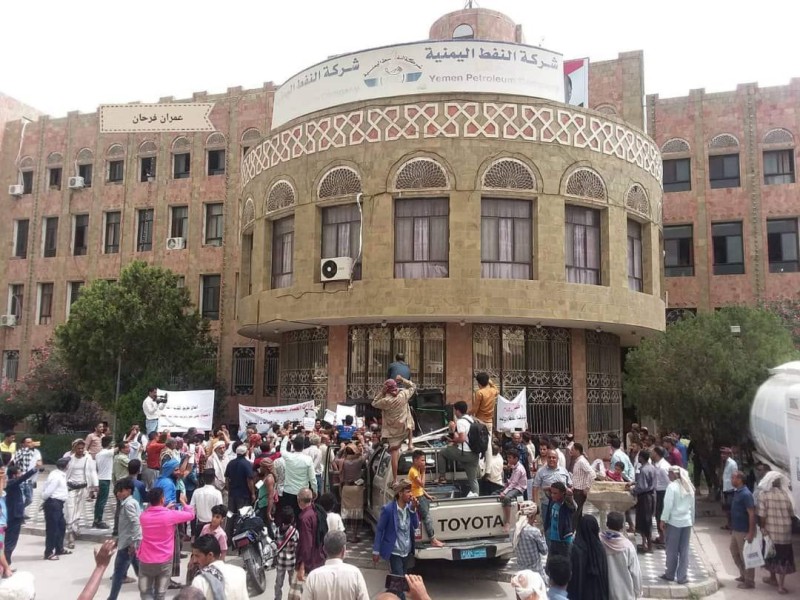Yemeni Govt Officials Expected to Return to Aden in Line with Presidential Order


Yemeni state officials are expected to return to their offices in the interim capital Aden to carry out their duties according to presidential orders that were announced in wake of the latest Saudi grant to the war-torn country worth 1.2 billion dollars.
The first installment of the grant is expected to be deposited in the central bank in Aden. It will help rein in the deterioration of the local currency and improve services, especially electricity. The funds will also go to paying salaries of employees in liberated regions and help businesses in importing essential goods.
Chairman of the Presidential Leadership Council Dr. Rashad al-Alimi had ordered all state officials to return to Aden by August 6 at the latest. They were ordered to resume their duties in the interim capital and other provinces.
Yemeni political analyst and academic Fares al-Beel underscored the importance of the government’s presence on the ground.
In remarks that he explained that the order binds officials to work from Aden and prohibits them from traveling, except on official business.
He noted that officials, notably lawmakers, had previously flouted similar orders and worked remotely from various countries.
The latest order underlines the government’s commitment to its duties and the people, who were relieved by it. At the same time, they are also concerned that the officials may again disregard the order, al-Beel said.
The people want to see the government play an effective role in Aden. They have been angered by officials who were residing abroad and traveling freely at the state’s expense while the people have been enduring unimaginable hardships, he went on to say.
If the officials commit to the orders, then much-needed reforms may follow, he predicted. “The people will witness a gradual improvement.”
The government must take advantage of the major Saudi support and set its affairs straight to help the people through serious hard work and combat corruption, he urged.
Furthermore, he warned that the government may face the people’s ire if it fails in performing its duties as required of it and that the country may reach the point of no return as a result.

Hodeidah — Two members of the Iranian-backed Houthi militia were killed and five others wounded in a landmine explosion near Hodeidah airport…

Aden —A humanitarian convoy from Jordan, consisting of 13 trucks loaded with relief supplies, has arrived in Yemen to support communities aff…

Taiz — Administrative operations at the Taiz Governorate building have resumed following several days of closure caused by an open sit-in sta…